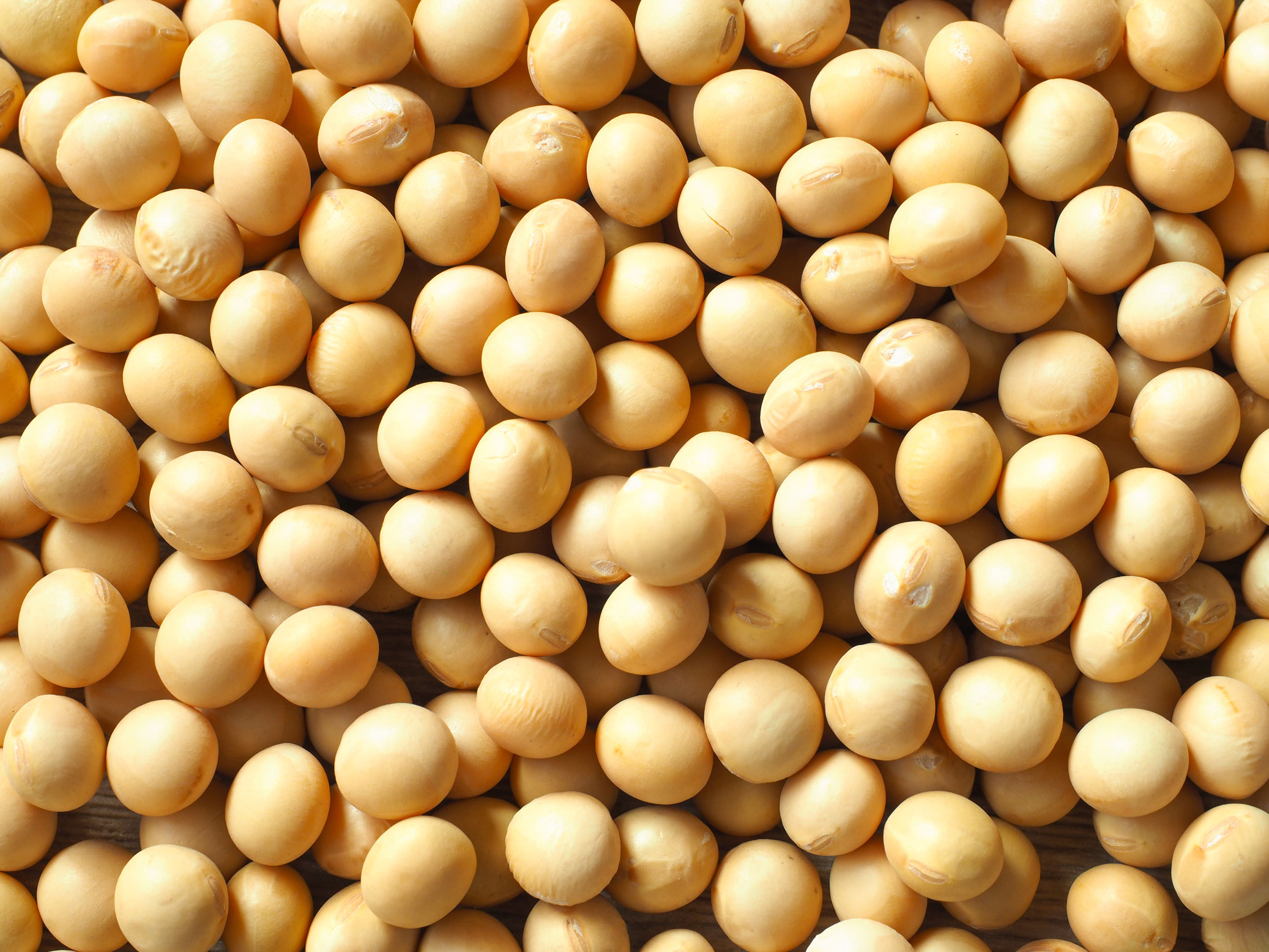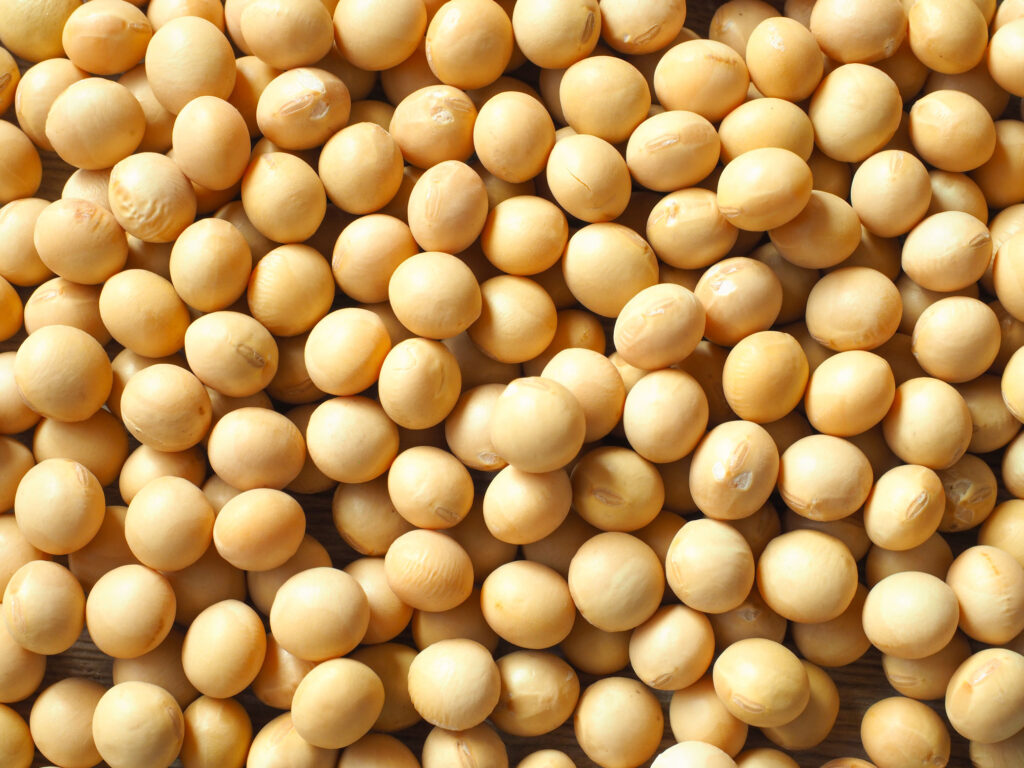
Image: Adobe Stock
China's demand for Brazilian soybeans is lower than expected, which explains the fact that the country, even with a record harvest, is not hitting monthly export highs, the multinational's president in Brazil, Paulo Sousa, told Reuters.
According to the president of Brazil's largest soybean and corn exporter, this situation also allows Brazilian grain exports to be more constant throughout the year, reducing for now stress on the logistics system, which will be tested by record harvests in 2023.
{module Form RD}
“Demand is good, but it’s not great, it’s not as strong, especially Chinese demand, they have been buying, but at a pace below what the market expected,” said Sousa, in an interview due to the release of the results of the last year.
Cargill's net profit in Brazil fell to 1.2 billion reais in 2022, the company reported this Thursday, compared to 1.8 billion in 2021, due to increased logistics and production costs.
The company's net operating revenue in the country increased by 22% in 2022 to 125.8 billion reais, driven by soybean processing and the increase in corn exports, explained Sousa.
The executive preferred not to comment on the reasons why China, the largest global importer, is buying less than expected in 2023, adding that the “post-pandemic scenario left many doubts”.
“Because of China, despite a record harvest and logistics working well, we are not breaking export volume records for the month, because there is not that frenzy of demand to break records,” he added, highlighting that this is “positive for the sector”, making “logistics more efficient too”.
“Our expectation is to work with a full (logistics) system all year round, both soybeans and corn.”
With lower Chinese demand, Brazilian soybean premiums at ports fell to historic lows last week.
RISING INVESTMENT
Cargill will continue to grow its grain exports and the supply of Brazilian soybeans and corn at the pace of progress in national agriculture, said the CEO, when asked about expectations for 2023.
Last year, the company gained a share in Brazilian corn exports, with the cereal being one of the company's highlights in 2022.
“But in general we are maintaining our 'share' (participation), Brazilian agriculture is growing, we are maintaining our 'share' of this growth. To maintain it is quite a challenge, as the sector’s growth dynamics are brutal”, he highlighted.
That is why the company has maintained strong investments in Brazil. The company invested a record 1.2 billion reais in the country in 2022, an increase of 18% compared to the previous year.
The main investments were made in the expansion of the company's largest soybean processing factory in Brazil, in Uberlândia (MG), which increased its capacity to around 4,500 tons/day, compared to 3,700 tons/day.
“The installed capacity is already there, operating this harvest, in ramp-up”, said the executive, remembering that the other major investment was the completion of the pectin factory (soluble fiber obtained from orange peel) in Bebedouro (SP) .
Furthermore, the company invested in the modernization of warehouses and ports.
Sousa commented that Cargill in Brazil exported several shipments of Brazilian soybeans to Argentina, to meet the demand of the neighboring country whose harvest was severely affected by a drought. And the trend is for new loads throughout the year.
He also said that the reduction in the neighbor's supply brings more demand for soybean meal and oil from Brazil, since Argentina is traditionally the largest exporter of these two products.
EUROPEAN UNION
Once implemented, a new European Union law against products linked to deforestation carried out after 2020 could lead Europeans to pay more for Brazilian soybean meal, said the CEO of Cargill.
He recalled that the details of the European Union law “have not yet been opened”, but that Brazil would be “in a position to meet any type of sustainable demand”.
“What doesn’t make sense is requiring Brazil to supply a special call at a lower cost, to sell a specific product at a commodity price, this will not happen,” he stated.
Sousa explained that Brazil has flows with more risks and others with less risks. “Those with less risk will be oriented towards Europe, now, will it be the cheapest product? Eventually it won’t be.”
The European Union is the main importer of soybean meal from Brazil, also purchasing large volumes of fresh grain.
“It is much easier to create a soybean meal program to be exported to France from cooperatives in Paraná (a more consolidated agricultural region) than to get crushed soybeans in western Bahia. But theoretically, due to shipping, the bran from western Bahia would arrive in Europe cheaper”, he said.
Source: Roberto Samora | Notícias Agrícolas













